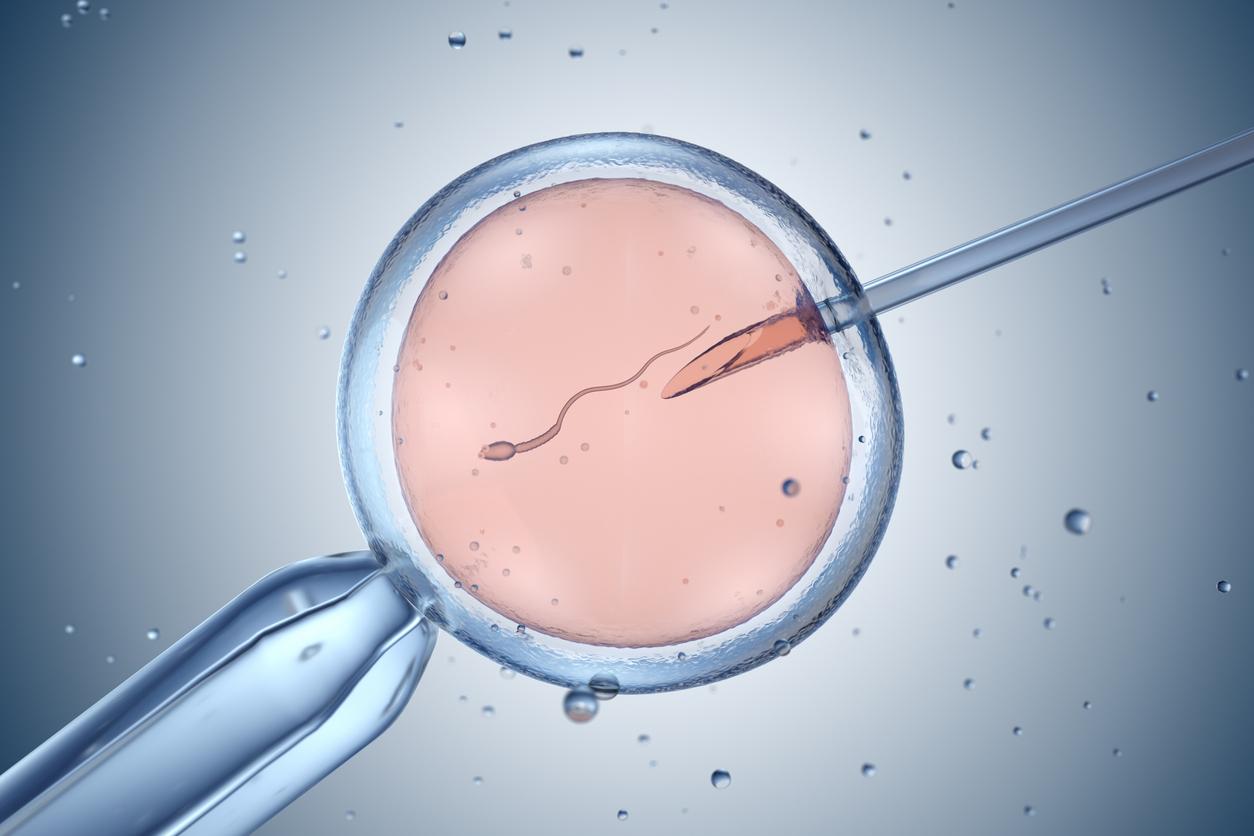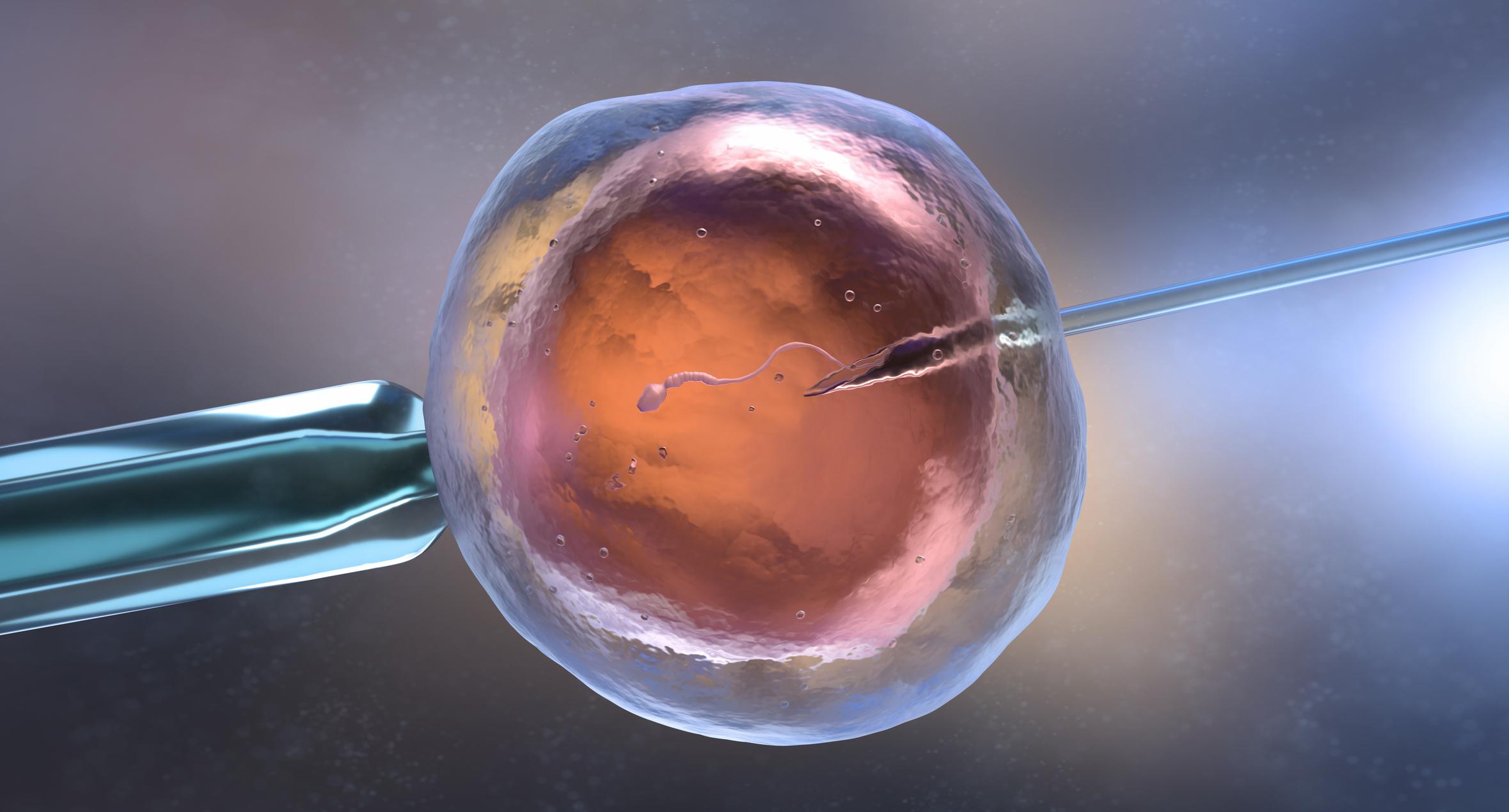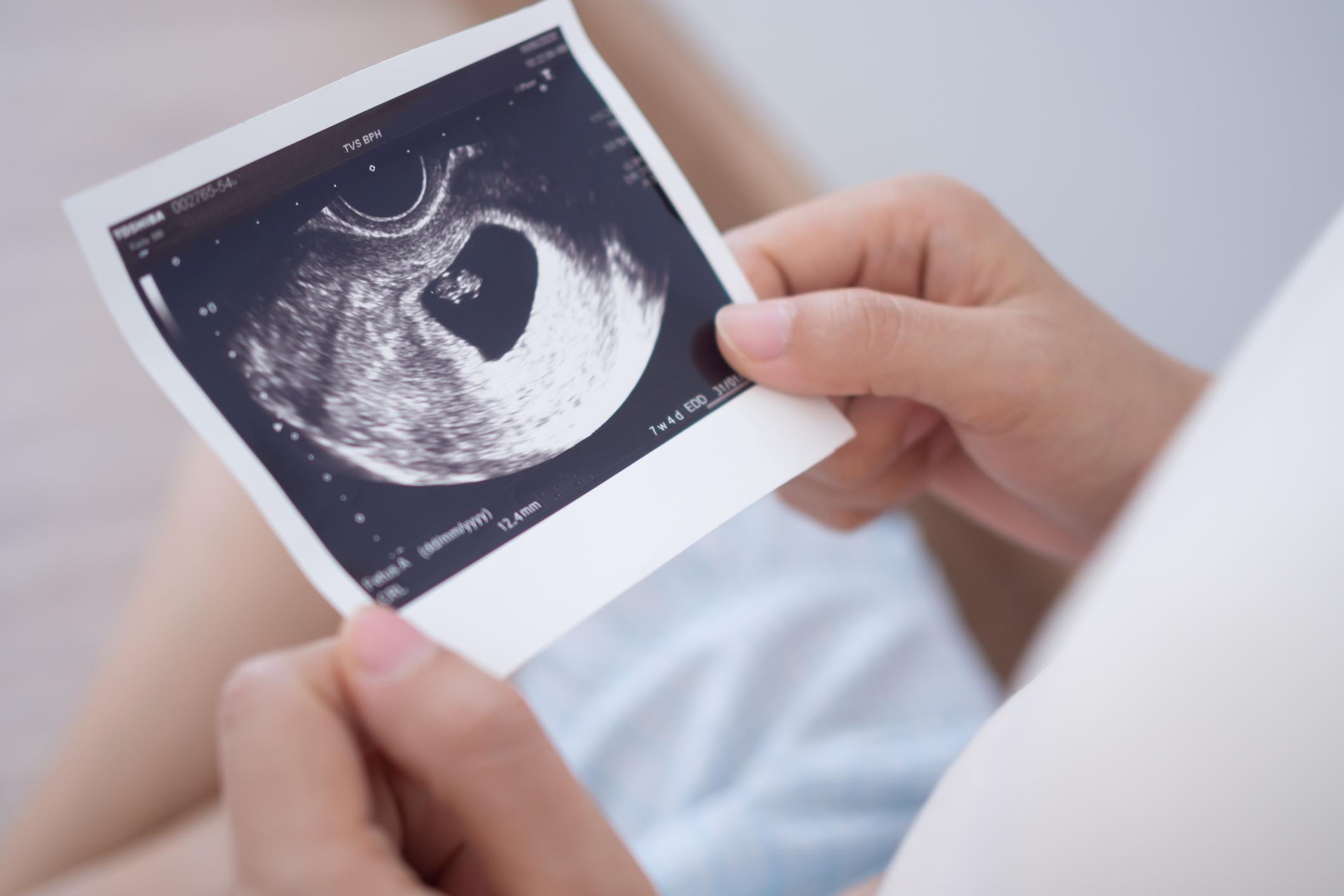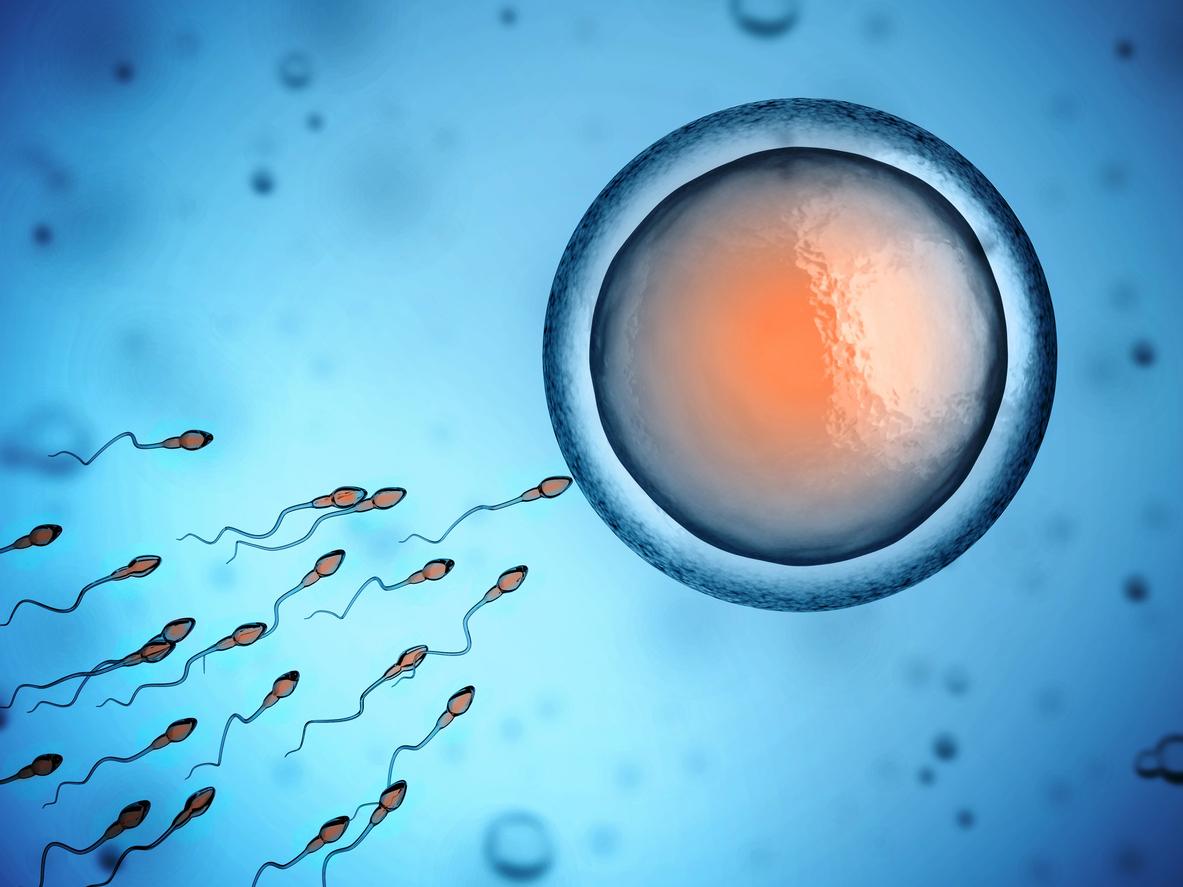In the United States, justice refused the request of a woman who asked to recover her frozen embryos, because the latter divorced with her husband at the time.
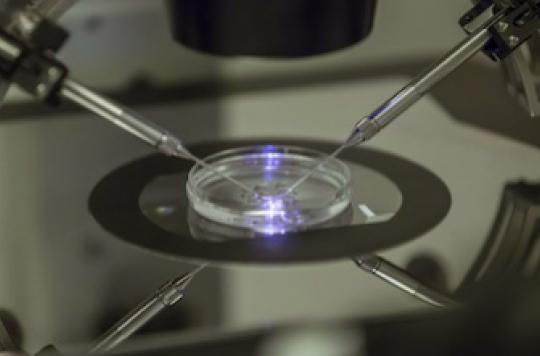
It’s a story that looks like a television soap opera. Mimi Lee is a cancer survivor. When the disease strikes her, she and her husband decide to freeze their embryos in order to give themselves every chance of having a child one day.
Today, Mimi Lee is healed. But at 46, she is eager to recover her embryos in order to have a child. Problem: she just got divorced.
At the time of the freezing, the couple had signed an agreement which provided for the destruction of all embryos in the event of separation. The ex-spouses therefore found themselves in court to settle this dispute. At the end of this legal battle, the Superior Court of San Francisco ruled and ruled in favor of the ex-husband. Judge Anne-Christine Massullo, in fact, considered that the importance of the agreement signed between the two parties prevailed over any other ethical consideration.
And in France…
Like the decision taken in this highly publicized case, in France, frozen embryos cannot be used in the event of divorce or the death of one of the parents. During IVF, supernumerary embryos are frozen. In the event of pregnancy, they can be kept for five years, in accordance with the 2011 bioethics law.
Every year, the couple is consulted in writing to find out what they want to do with the embryos. Several options are available to him. He can decide to use it to try a new pregnancy or to keep the embryo frozen for another year.
In the event that both parents no longer wish to have a child, they can either request the destruction of the frozen embryos, or donate to another sterile couple or to medical research.
If the couple separate, the transfer of the embryos is no longer possible. This means that no embryo can be used by either parent for a new pregnancy. They must then choose between destruction or donation. This decision must be sanctioned by an agreement signed by each of them. In the event of disagreement, the embryos will be destroyed after the five years provided for by law.
.









